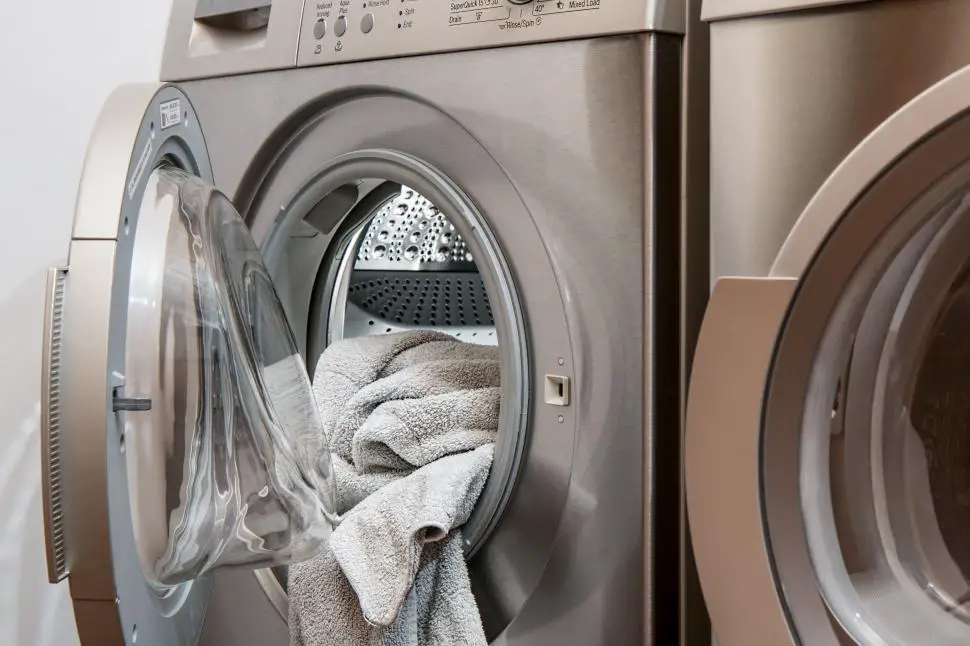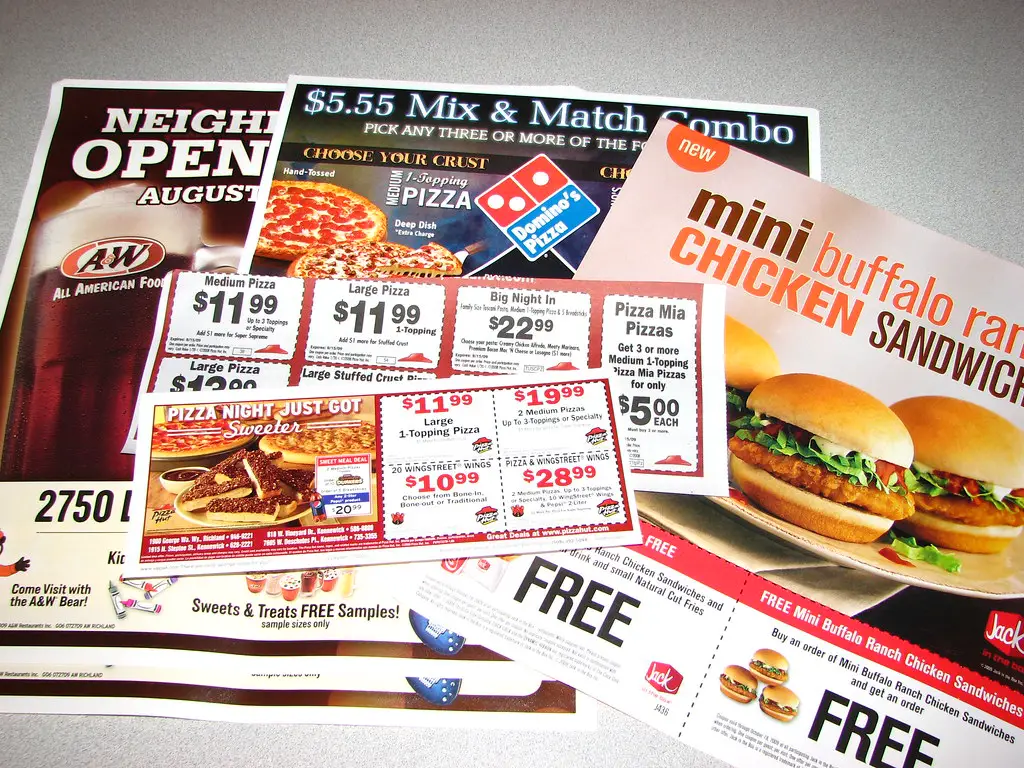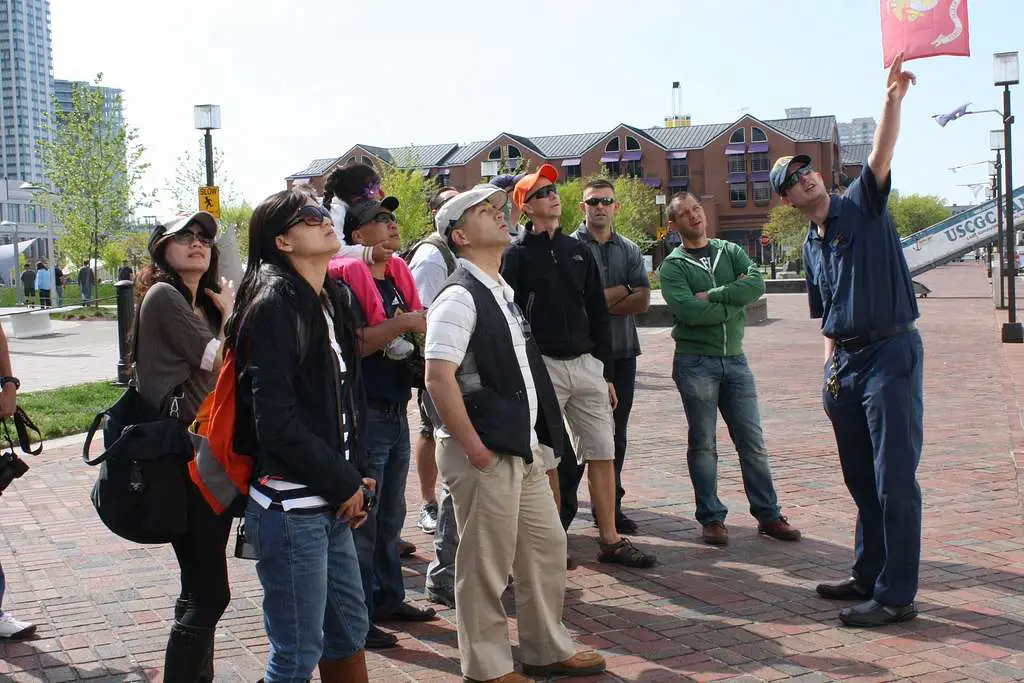1. “Bag”

In the Midwest, “bag” is often pronounced as “beg,” confusing those from other parts of the country. This is especially noticeable in phrases like “paper bag” or “bag of chips,” where the vowel takes on an unusual elongated “e” sound. This quirk is particularly prominent in states like Wisconsin and Minnesota.
According to Merriam-Webster, this pronunciation stems from the Northern Cities Vowel Shift, a linguistic phenomenon that affects vowels in many Midwestern accents. While it’s perfectly normal for locals, outsiders often find it surprising or amusing.
2. “Milk”

In some parts of the Midwest, “milk” is pronounced as “melk,” with the vowel shifting to an “e” sound. This is a common linguistic quirk that leaves many outsiders puzzled when they hear phrases like “I need some melk for my cereal.”
As explained by Linguistic Society of America, this variation is influenced by regional vowel shifts and the blending of immigrant languages, which have shaped the Midwestern dialect over generations. While it might sound strange to non-Midwesterners, this pronunciation is a staple of the region’s unique speech patterns.
3. “Root”

Midwesterners often pronounce “root” as “rut,” especially when referring to “root beer” or “tree roots.” This shortened vowel sound is common in states like Illinois and Indiana, where the word loses its elongated “oo” sound in favor of a more clipped pronunciation.
According to Oxford English Dictionary, this regional variation can be traced back to early settlers in the Midwest, whose dialects favored shorter vowel sounds. While outsiders might find this pronunciation unusual, it’s a hallmark of the Midwestern accent.
4. “Crayon”

In the Midwest, “crayon” is often reduced to a single syllable, pronounced as “cran.” This pronunciation simplifies the word, making it sound more efficient but less recognizable to those outside the region.
As highlighted by Atlas Obscura, this linguistic shortcut is common in areas where speech patterns tend to favor brevity. While it might cause confusion for non-Midwesterners, locals consider it a perfectly acceptable way to refer to their favorite coloring tool.
5. “Wash”

Many Midwesterners add an unexpected “r” sound to “wash,” pronouncing it as “warsh.” This phenomenon is particularly common in rural parts of the Midwest, including Missouri and southern Illinois. You’ll often hear phrases like “I need to warsh the car” or “Let’s warsh the dishes.”
According to Smithsonian Magazine, this pronunciation likely originated from early settlers with British or Scots-Irish roots, whose accents influenced the regional dialect. While the added “r” may baffle outsiders, it remains a distinctive feature of Midwestern speech.
6. “Coupon”

Midwesterners often pronounce “coupon” as “kyoo-pon,” emphasizing the first syllable differently than the standard “koo-pon” heard in other parts of the country. This alternative pronunciation can spark lively debates about which version is correct.
As explained by Merriam-Webster, both pronunciations are technically acceptable, but the “kyoo-pon” variation is more common in the Midwest due to regional linguistic influences. This minor difference often surprises newcomers to the region.
7. “Pillow”

In the Midwest, “pillow” is sometimes pronounced as “pellow,” with a vowel shift that changes the “i” sound to an “e.” Phrases like “Grab a pellow for the couch” are common in states like Iowa and Wisconsin.
As noted by The Linguistic Atlas Project, this pronunciation stems from the same vowel shift patterns that affect other Midwestern words. While it may sound odd to outsiders, it’s a deeply ingrained part of the region’s speech.
8. “Tour”

Midwesterners often pronounce “tour” as “tore,” which can confuse outsiders who are used to the more common “too-er” pronunciation. This is especially noticeable in phrases like “We went on a tore of the museum.”
According to Linguist List, this pronunciation stems from vowel flattening, a feature of many Midwestern dialects. While it may sound unusual to non-Midwesterners, this simplified pronunciation is common in states like Michigan and Ohio.
9. “Lawyer”

In the Midwest, “lawyer” is frequently pronounced as “loyer,” dropping the “aw” sound in favor of a more streamlined pronunciation. This is especially noticeable in legal contexts, where locals might say, “I hired a good loyer for the case.”
As noted by American Dialect Society, this variation is a result of vowel shifts influenced by regional accents. While the “loyer” pronunciation might confuse outsiders, it’s a standard part of Midwestern speech.
10. “Roof”

Midwesterners often pronounce “roof” as “ruff,” particularly in rural areas of the region. Phrases like “We need to fix the ruff” or “The ruff is leaking” are common in states like Minnesota, Wisconsin, and parts of Illinois.
As highlighted by The Atlantic, this pronunciation is tied to historical patterns in American English, where short vowels are more prevalent in certain dialects. While “ruff” might sound odd to others, it’s deeply ingrained in Midwestern speech.
11. “Monday” (or Any Day of the Week)

In the Midwest, days of the week like “Monday” and “Tuesday” are often pronounced as “Mon-dee” and “Tues-dee,” dropping the final syllable’s traditional pronunciation. This simplification is particularly common in conversational speech.
According to Mental Floss, this shortcut is part of the region’s linguistic efficiency, where words are often shortened or smoothed over in casual dialogue. While it might sound strange to outsiders, it’s a hallmark of Midwestern friendliness and practicality.
12. “Illinois”

Despite being home to millions of Midwesterners, the word “Illinois” is often pronounced incorrectly by locals and outsiders alike. Many people mistakenly pronounce the final “s,” saying “Ill-i-noise” instead of the correct “Ill-i-noy.”
As explained by The Chicago Tribune, the silent “s” honors the French origins of the state’s name, derived from the Illinois Native American tribe. While locals typically get it right, visitors often make this mistake, drawing amused corrections from Midwesterners.
13. “Tournament”

The word “tournament” is frequently pronounced as “torn-a-ment” in the Midwest, dropping the “tour” sound heard in other regions. This pronunciation is especially common in sports contexts, like “We’re heading to the basketball torn-a-ment this weekend.”
As noted by Dictionary.com, this variation reflects regional preferences for vowel pronunciation and syllable emphasis. While it may surprise outsiders, it’s a perfectly normal part of Midwestern speech.
14. “Mirror”

In the Midwest, “mirror” is often pronounced as “meer,” omitting the second syllable entirely. You might hear locals say, “I looked in the meer before leaving the house.” This pronunciation simplifies the word, making it quicker to say.
According to Atlas Obscura, this linguistic shortcut is common in many American English dialects, but it’s especially prevalent in the Midwest. While it might sound unusual to those from other regions, it’s another example of the practical, no-frills approach to language that characterizes Midwesterners.
